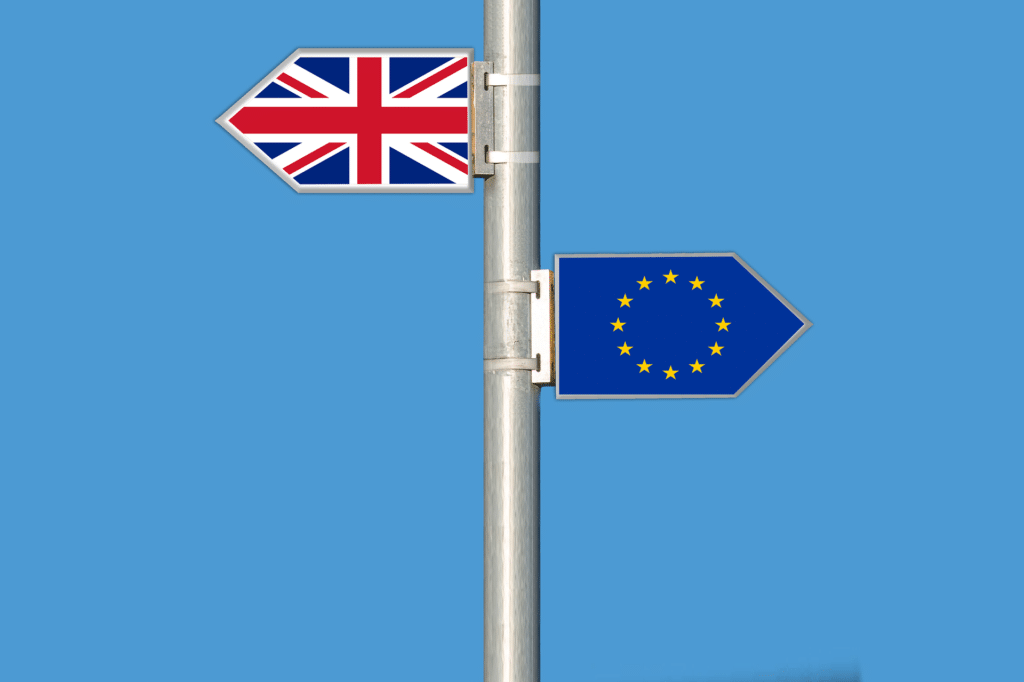The principle of res judicata cannot be used to avoid recovery of incompatible State aid. An update on State aid measures to counter the impact of COVID-19 As of 3 April 2020, the Commission has approved 29 measures submitted by 16 Member States. Article 107(3)(b) is the legal basis for 26 of those measures, while Article 107(2)(b) is the […]
State Aid Law
Blog
State Aid Uncovered Blog
In Lexxion’s State Aid Uncovered blog, Prof. Phedon Nicolaides publishes weekly critical analyses of recent State aid judgments and decisions. Each post presents the key points of a court judgment or EU Commission decision, places it in the context of similar case law or practice, assesses the underlying reasoning and highlights any inconsistencies or contradictions.
Guest contributions from other State aid experts will also be published on the blog at irregular intervals to complement the content of the blog posts.
- affection of trade ×
7. April 2020 |
State Aid Uncovered
by Phedon Nicolaides
28. January 2020 |
State Aid Uncovered
by Phedon Nicolaides
The current rules will apply at least until 31 December 2020. Introduction On Saturday, 1 February 2020, the United Kingdom will no longer be a Member of the European Union. Will it then have to abide by EU State aid rules? According to the Agreement on the Withdrawal of the UK from the EU, the whole of the UK will […]
14. January 2020 |
State Aid Uncovered
by Phedon Nicolaides
State aid rules can apply to sectors which are legal monopolies. Introduction The fact that a company enjoys exclusive rights and operates in a sector covered by a legal monopoly does not necessarily insulate it from State aid rules. This has been confirmed by the Court of Justice in its judgment of 19 December 2019, in case C-385/18, Arriva Italia […]
19. January 2016 |
State Aid Uncovered
by Phedon Nicolaides
Undertakings obtain an advantage when the state pays for their normal costs. Normal costs are costs which are inherent in the operations of undertakings. The costs of meeting legal obligations are normal. Introduction The case law on advantage in the meaning of Article 107(1) TFEU says that aid confers an advantage to undertakings when they obtain a benefit that […]
- affection of trade ×
7. April 2020 |
State Aid Uncovered
by Phedon Nicolaides
The principle of res judicata cannot be used to avoid recovery of incompatible State aid. An update on State aid measures to counter the impact of COVID-19 As of 3 April 2020, the Commission has approved 29 measures submitted by 16 Member States. Article 107(3)(b) is the legal basis for 26 of those measures, while Article 107(2)(b) is the […]
28. January 2020 |
State Aid Uncovered
by Phedon Nicolaides
The current rules will apply at least until 31 December 2020. Introduction On Saturday, 1 February 2020, the United Kingdom will no longer be a Member of the European Union. Will it then have to abide by EU State aid rules? According to the Agreement on the Withdrawal of the UK from the EU, the whole of the UK will […]
14. January 2020 |
State Aid Uncovered
by Phedon Nicolaides
State aid rules can apply to sectors which are legal monopolies. Introduction The fact that a company enjoys exclusive rights and operates in a sector covered by a legal monopoly does not necessarily insulate it from State aid rules. This has been confirmed by the Court of Justice in its judgment of 19 December 2019, in case C-385/18, Arriva Italia […]
19. January 2016 |
State Aid Uncovered
by Phedon Nicolaides
Undertakings obtain an advantage when the state pays for their normal costs. Normal costs are costs which are inherent in the operations of undertakings. The costs of meeting legal obligations are normal. Introduction The case law on advantage in the meaning of Article 107(1) TFEU says that aid confers an advantage to undertakings when they obtain a benefit that […]
- affection of trade ×
7. April 2020 |
State Aid Uncovered
by Phedon Nicolaides
The principle of res judicata cannot be used to avoid recovery of incompatible State aid. An update on State aid measures to counter the impact of COVID-19 As of 3 April 2020, the Commission has approved 29 measures submitted by 16 Member States. Article 107(3)(b) is the legal basis for 26 of those measures, while Article 107(2)(b) is the […]
28. January 2020 |
State Aid Uncovered
by Phedon Nicolaides
The current rules will apply at least until 31 December 2020. Introduction On Saturday, 1 February 2020, the United Kingdom will no longer be a Member of the European Union. Will it then have to abide by EU State aid rules? According to the Agreement on the Withdrawal of the UK from the EU, the whole of the UK will […]
14. January 2020 |
State Aid Uncovered
by Phedon Nicolaides
State aid rules can apply to sectors which are legal monopolies. Introduction The fact that a company enjoys exclusive rights and operates in a sector covered by a legal monopoly does not necessarily insulate it from State aid rules. This has been confirmed by the Court of Justice in its judgment of 19 December 2019, in case C-385/18, Arriva Italia […]
19. January 2016 |
State Aid Uncovered
by Phedon Nicolaides
Undertakings obtain an advantage when the state pays for their normal costs. Normal costs are costs which are inherent in the operations of undertakings. The costs of meeting legal obligations are normal. Introduction The case law on advantage in the meaning of Article 107(1) TFEU says that aid confers an advantage to undertakings when they obtain a benefit that […]







